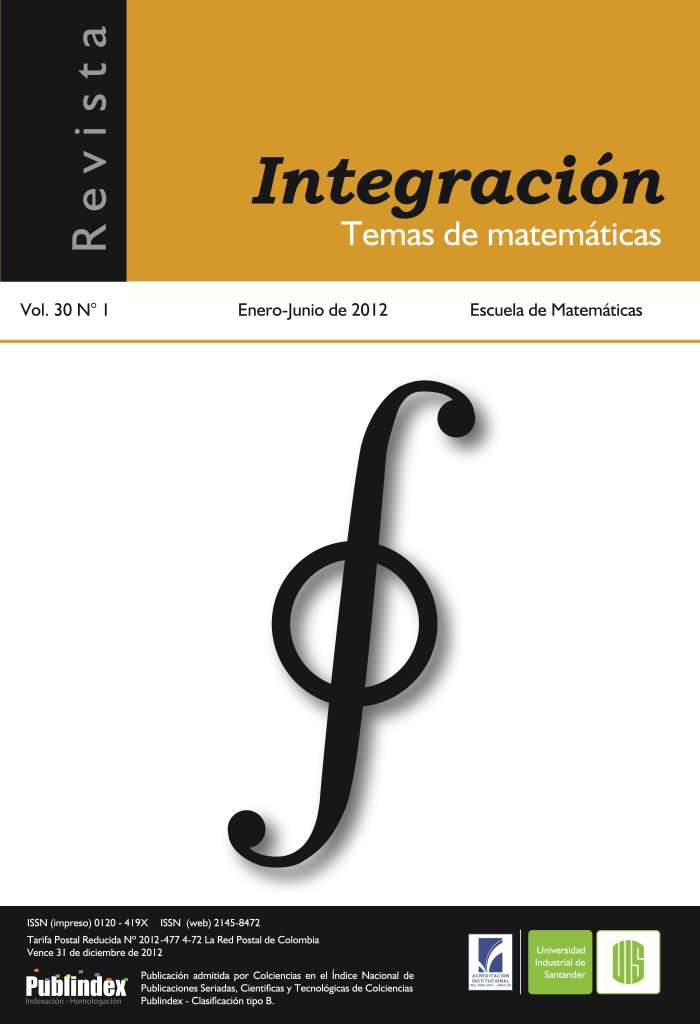Published 2012-08-21
Keywords
- social mathematics,
- game theory,
- social structures,
- hypergraphs,
- duality
How to Cite
Abstract
The main results of social mathematics were inspired by the liberal economical and political ideas that started to prevail in the 18th century. This review focuses on theorems that reveal the limitations of liberalism. To organize collaboration, this social paradigm recommends negotiated solutions. But to ensure the existence of such equilibrium, the action domains may need to be restricted. Structures have to be imposed that typically favor rich and powerful agents. Even so, they cannot avoid economical situations in which the entailed equilibrium turns out to be very disappointing for everybody. Such paradoxical situations can be solved only if, due to solidarity commitments, the agents can trust each other. The review also comments on attitudes and considerations that should orient the practice of social mathematics.
Downloads
References
- Arrow K.J., “A Difficulty in the Concept of Social Welfare”, Journal of Political Economy 58 (1950), no. 4, 328–346.
- Boros E. and Gurvich V., “Perfect graphs, kernels, and cores of cooperative games”, Discrete Math. 306 (2006), no. 19-20, 2336–2354.
- Crozier M. and Friedberg E., L’acteur et le Système: Les contraintes de l’action collective. Editions du Seuil, 1981.
- Dippel H., Individuum und Gesellschaft - Soziales Denken zwischen Tradition und Revolution - Smith-Condorcet-Franklin, Göttingen, Vandenhoeck & Ruprecht, 1981.
- Dumont L., Homo aequalis. Genèse et épanouissement de l’idéologie économique. Gallimard, 1977.
- Fulkerson D.R., “Blocking and anti-blocking pairs of polyhedra”, Mathematical Programming 1 (1971), no. 1, 168–194.
- Gurvich V., “Equilibrium in pure strategies”, Soviet Math. Dokl. 38 (1989), no. 3, 597–602.
- Gurvich V.A., “On exact blockers and anti-blockers, ∆-conjecture, and related problems”,Discrete Appl. Math. 159 (2011), no. 5, 311–321.
- Lóvasz L., “Normal hypergraphs and the perfect graph conjecture”, Discrete Math. 2 (1972), no. 3, 253–267.
- Polyméris A., Stabilität gesellschaftlicher Hierarchien, eine mathematische Konflikttheorie, Diss. ETH Zürich, 1978.
- Polyméris A., “Conjuncturally stable coalition structures”, Ann. Discrete Math. 9 (1980), 229–233.
- Polyméris A., “Stability of two player game structures”, Discrete Appl. Math. 156 (2008), no. 14, 2636–2646.
- Rapoport A., Combats, débats et jeux, Dunod, 1967.
- Riquelme F. and Polyméris A., “On the complexity of the decisive problem in simple and weighted games”, Electronic Notes in Discrete Mathematics 37C (2011), 21–26.
- Roughgarden T. and Tardos E., “Bounding the inefficiency of equilibria in nonatomic congestion games”, Games and Econom. Behav. 47 (2004), no. 2, 389–403.
- von Neumann J., “Zur Theorie der Gesellschaftsspiele”, Math. Annalen 100 (1928), 295–320.
- von Neumann J. and Morgenstern O., Theory of games and economic behavior. Princeton University Press, 1944.
